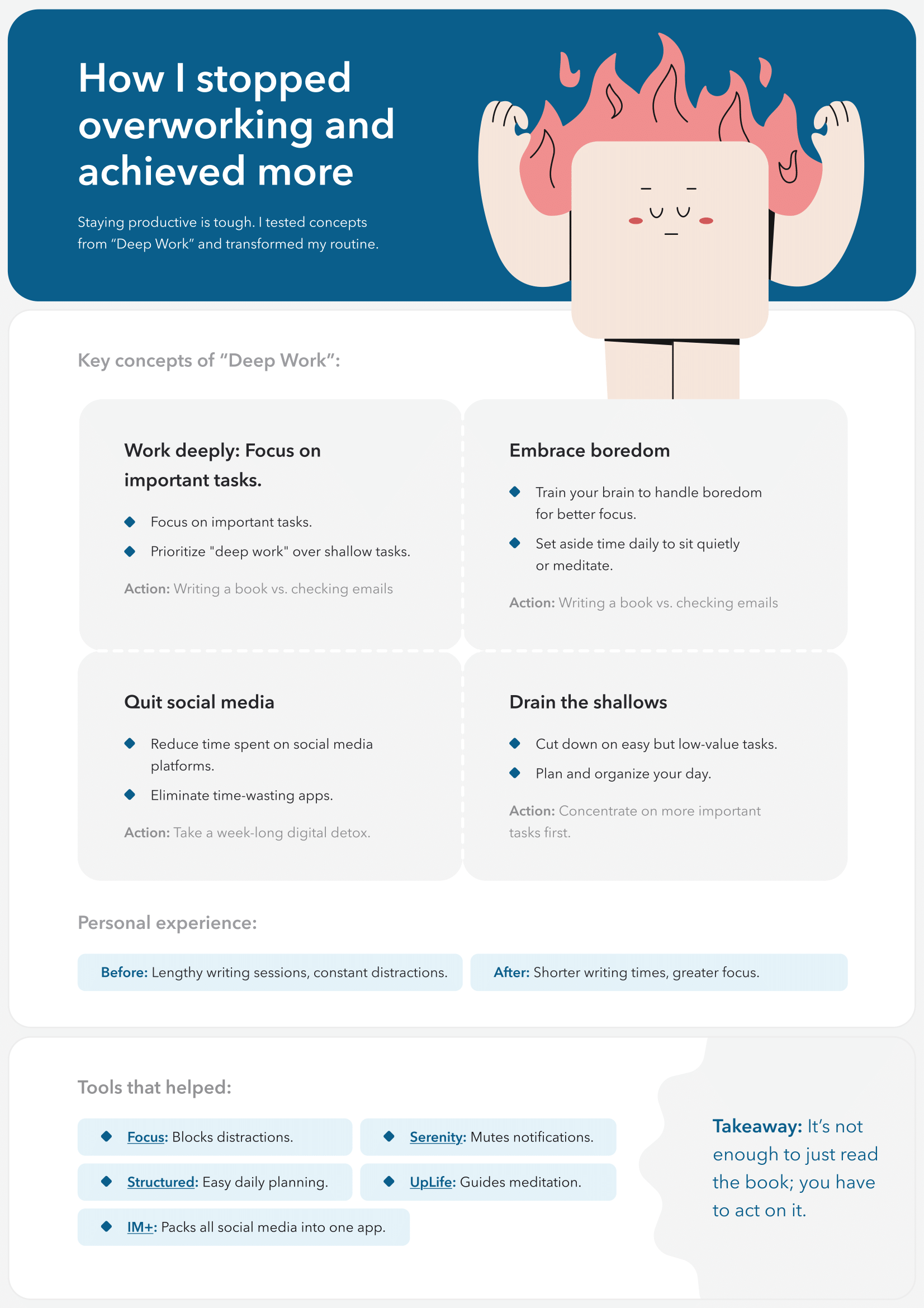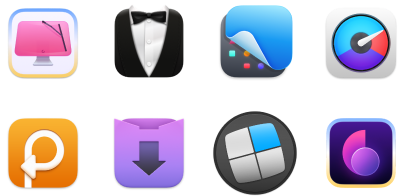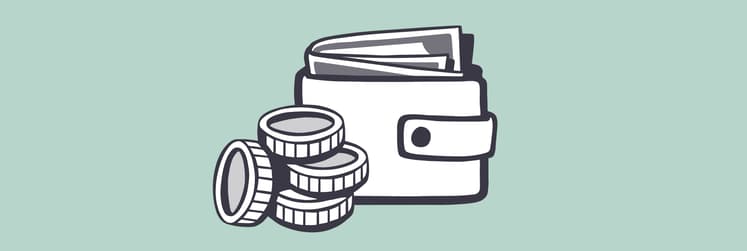Cal Newport “Deep work” summary: How to break free from overworking
Staying productive is hard for all kinds of professionals. And I’m no exception. Having to create content almost every day, I can say for sure that writing isn’t just about sitting back and waiting for inspiration. Sometimes, it’s even more about meeting deadlines. Really tight ones. That’s why I’m always on the hunt for secrets to getting more done with less work. The faster, the better.
Let me explain what bothers me the most. Instead of feeling fulfilled when I finish my work at the end of the day, I feel drained. Squeezed lemons are much better, I guess. All because of constant distractions and overwork.
So when I saw “Deep work: Rules for focused success in a distracted world” by Cal Newport on a bookshelf, I knew I’d devour it in a few evenings. The title immediately caught my attention. I definitely wanted more focus and success in my life. Who wouldn’t?
Finding ways to focus and get things done faster is something I think we all need. So I decided to experiment with Cal Newport’s “Deep work” and devoted one month to follow the tips from the book. Here is what I learned.
Key concepts of “Deep work” by Cal Newport
This section explains the book’s content, but the most intriguing part is my personal experiences. I can’t wait to share them, so keep reading.
In “Deep work: Rules for Focused Success in a Distracted World,” Cal Newport shares his insights on the importance of focused, high-quality work. He believes that being able to truly focus in the world of distractions is an essential skill to master for success in your career and personal life.
Newport outlines several concepts that will help you cultivate focus and productivity. You need to:
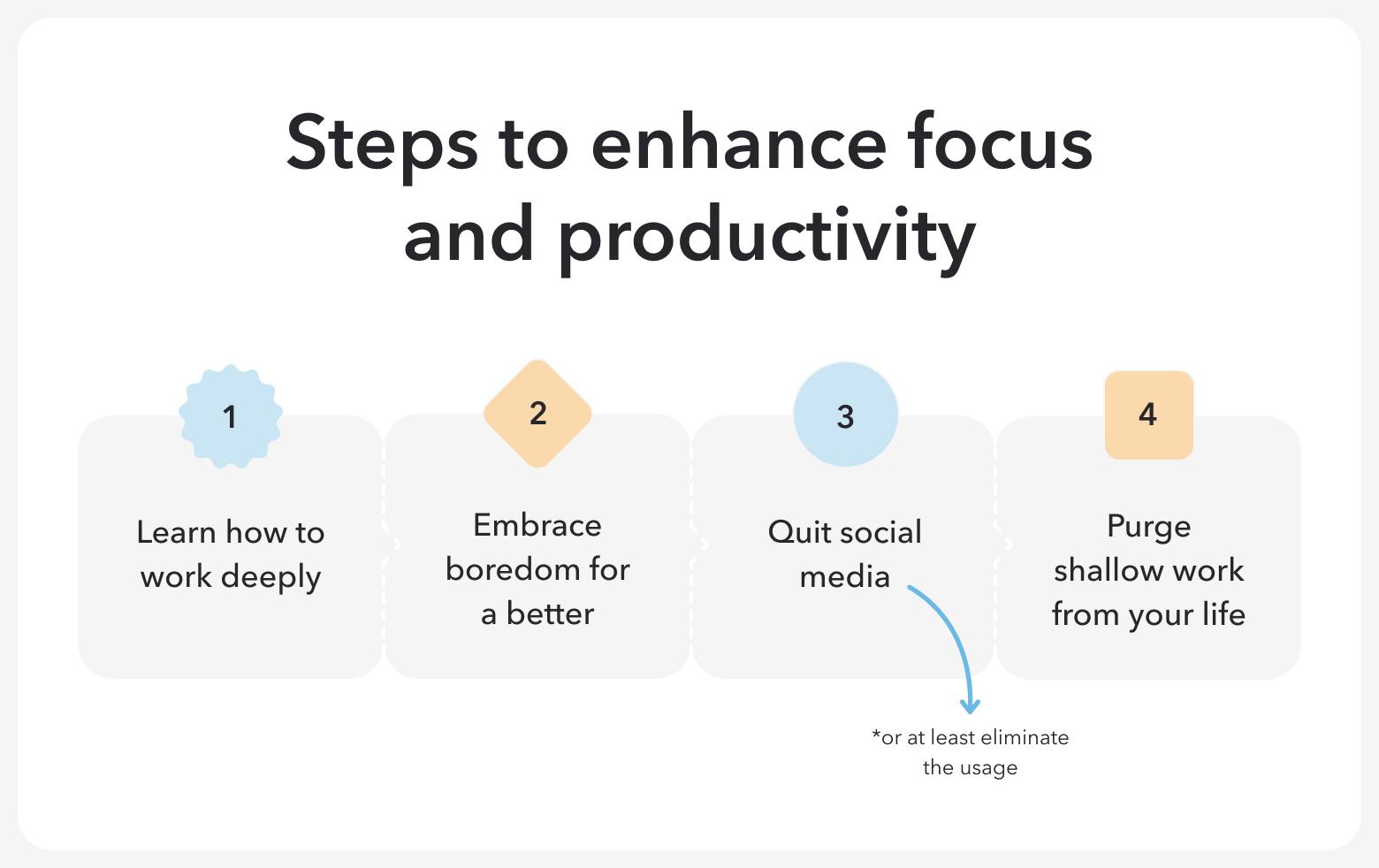
Conception #1: Work deeply
The author highlights the importance of concentrated work (he calls it “deep work”) to handle difficult tasks more easily. He emphasizes that deep work requires a lot of focus and effort, while shallow work is simple and often not meaningful. For example, writing a book is deep work, and responding to emails is shallow work.
What can you do right now?
In your calendar, block out specific times dedicated solely to deep work. When you work, try to eliminate all distractions. Turn off notifications and close unnecessary tabs. You can also divide your time into “deep work” and “shallow work.” For example, devote 4 days of the week to deep work. Then, devote 1 day of the week to catch up with shallow (less important) work. You can also choose to work deep in the morning and shallow in the evening.
Read “5 ways to improve your focus.”
Conception #2: Embrace boredom
Many people grab their phones or look for entertainment as soon as they start to get bored. Newport says that you need to train your brain to handle boredom. This skill helps you focus on difficult tasks for longer periods.
What can you do right now?
Let your mind wander without distractions. Easier said than done, but you can start slowly. Set aside at least 10 minutes a day to sit quietly. You may want to learn to meditate. It’s also a nice idea to have a short walk, but do not take your phone with you. As you do these small things, you’ll notice that your ability to focus improves dramatically. You might even find that new ideas and solutions come to you more freely.
Conception #3: Quit social media
Newport says not all social media is good for us. If you misuse them, you’ll end up exhausted.
What can you do right now?
Evaluate how you use social media. Ask yourself: which of them brings me joy? Or maybe I just waste my precious time scrolling? Take a week off from socials that don’t add any value. When you come back, only bring back the apps that truly help you feel good or get things done. You’ll be amazed at how much lighter and focused you feel when you cut out all the noise.
Conception #4: Drain the shallows
The author of “Deep work” suggests that we reduce the number of shallow tasks that can take over our day. These are the easy things, like responding to emails or sitting in pointless meetings. By reducing these distractions, we can save time for work that actually matters.
What can you do right now?
Start by tracking how you spend your time for a week. This will help you spot the tasks that just aren’t worth it. Once you see what’s draining your energy, find ways to cut back. Maybe set certain times to check your emails or limit those never-ending meetings.
Now that I’ve given the “Deep work” book summary, I’d like to share my own experience putting these concepts to the test.
Living deep work: My experience and lessons learned
When I first tried Newport’s ideas, it was hard. Something new is often hard. I had to face my habit of procrastinating too much. So, I started with the first rule.
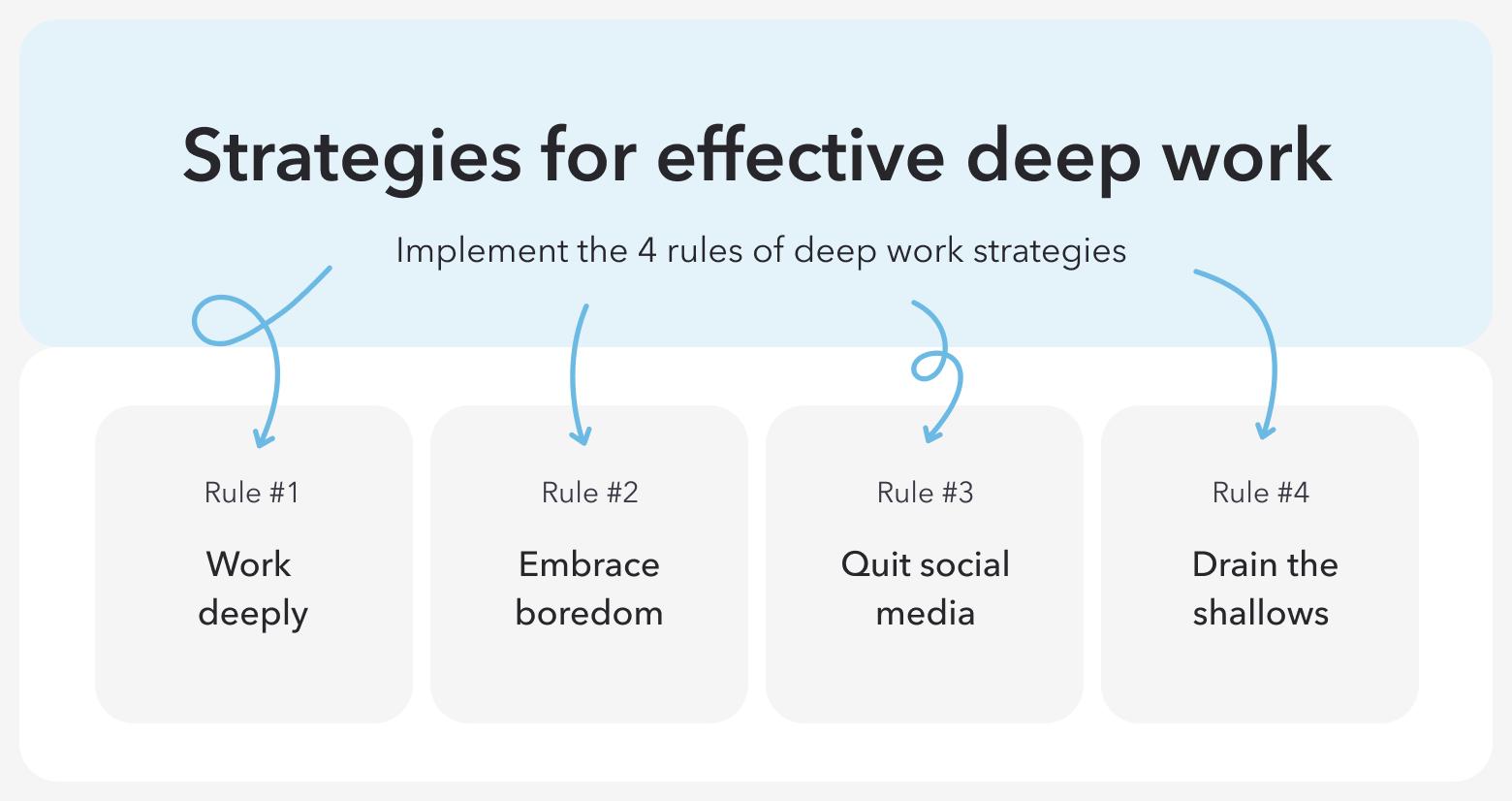
Rule #1: Work deeply
Sticking to a writing schedule turned out to be harder than I expected. I was nervous about turning off my email and notifications. I didn’t want to miss anything important. But eventually, I found a way to set aside specific writing hours in the mornings. Know what? I noticed how it really helped me focus. I knew I had to work from 10 to 12 and then have some rest. It motivated me.
Along the way, Focused Work helped me block distracting sites, so when I felt like jumping onto social media or checking emails, I could resist. I created a blocking rule that redirects me to my key project on Google Drive whenever I try to visit a blocked website.
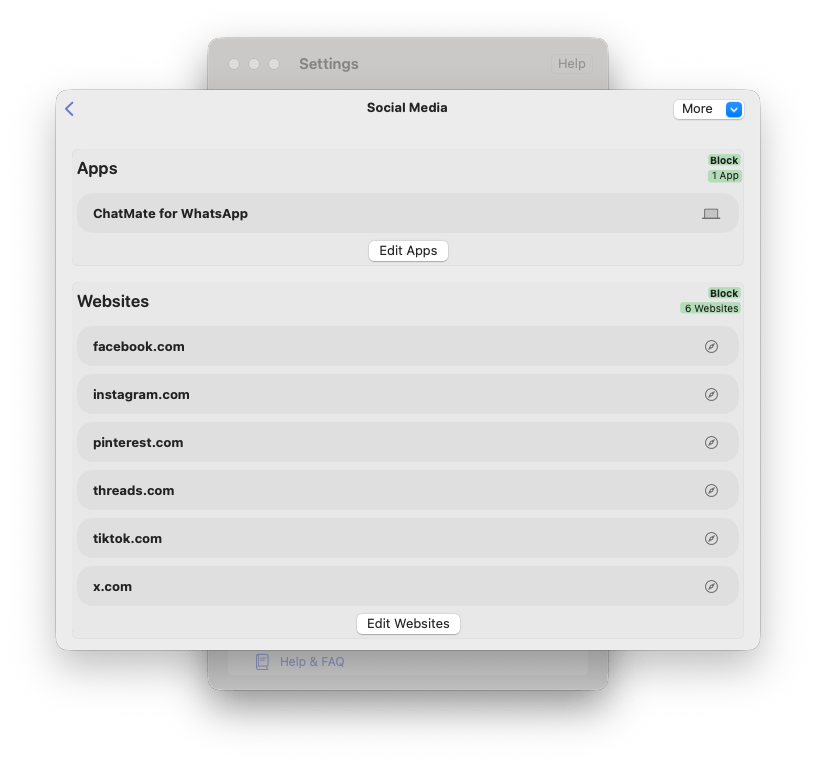
I also practiced leaving my phone in another room when I work, so I wouldn’t be tempted to check it. Works perfectly!
Rule #2: Embrace boredom
I realized I often grabbed my phone whenever I had a free minute. To tackle this habit, I started setting aside short time for doing nothing and letting my mind wander. At first, it was tough. I felt restless without any distractions. But over time, I discovered that these moments of boredom could spark new ideas for my writing.
Meditation also helped me feel calmer and be okay with just being present instead of filling my time with endless scrolling. I found the UpLife app to be super helpful for this. It offers over 100 sessions, meditations, and interactive courses created by professional psychologists. Now, I devote at least 15 minutes a day to a guided session with UpLife and feel so much better when I do nothing.
Rule #3: Quit social media
I knew my habit of scrolling was killing my time. So, I decided to try a month-long experiment where I limited my social media to just one hour a day. I’ll be honest, this challenge was the hardest for me. Over time, I found myself slipping back into the habit of mindlessly scrolling through Instagram during my free time.
Once again, I turned to a super useful app that saves a lot of time: Focused Work. It lets you temporarily block all social media, messengers, email, and any other website or app. With fewer distracting apps, I feel much less stressed.
Read also:
Rule #4: Drain the shallows
I tracked my daily activities and realized I was spending too much time cooking a lot of food when I could simply order in or cook less often. Additionally, I found myself meeting up with people I didn’t really want to see just to avoid being rude. Cutting back on these distractions gave me more time for writing, and I felt my productivity increase as a result.
To help me plan my day more efficiently, I started using an app called NotePlan. I used to find creating calendar events boring, but with NotePlan, I simply select a template, fill it in and get a really nice schedule. Super handy!
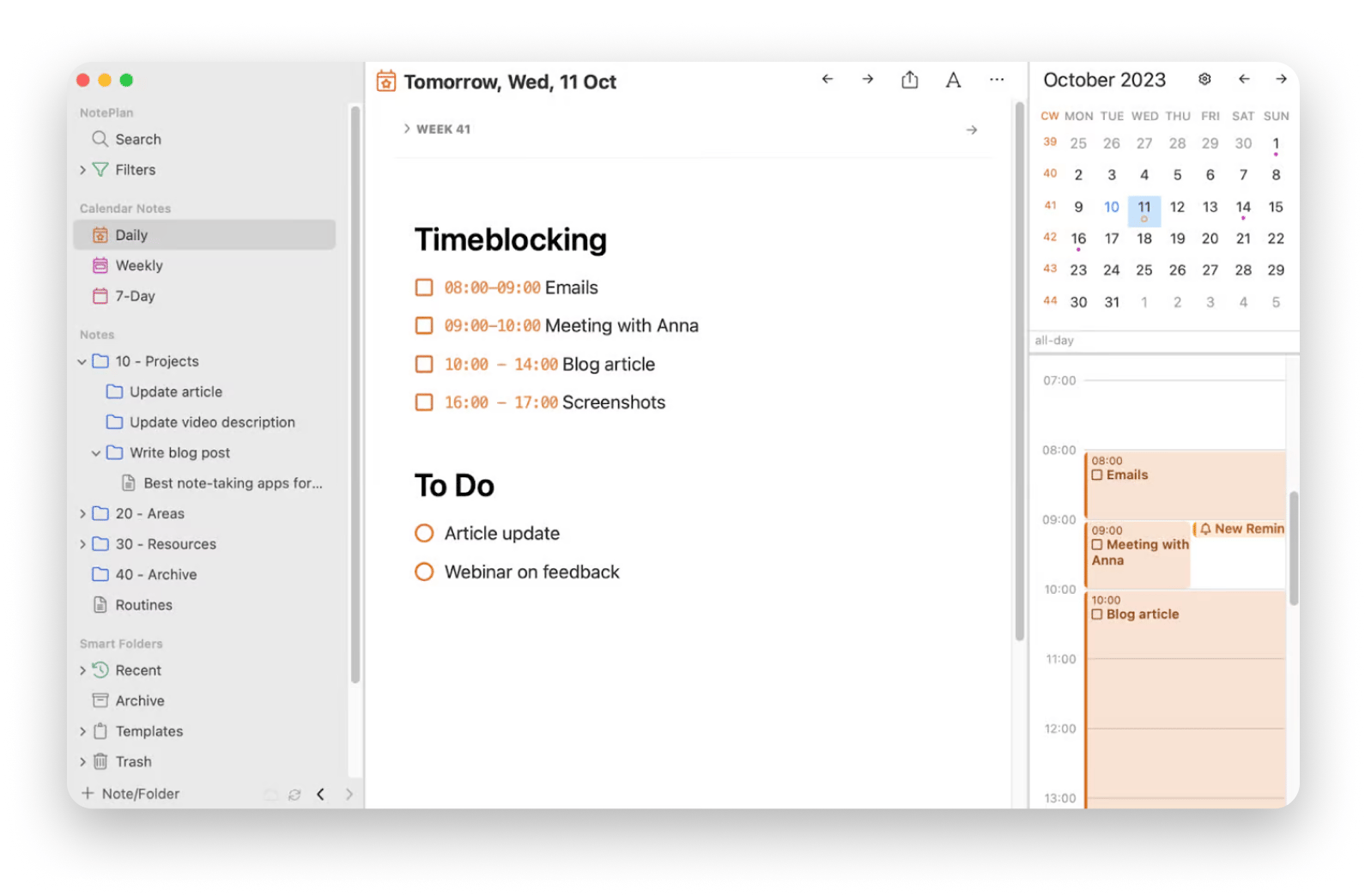
What is deep work, and does the method really work?
After diving into Newport’s ideas, I found them really helpful, especially the concept of deep work. It helped me start writing a short article in just four hours instead of the eight or more I used to spend. I realized that distractions, like scrolling through social media and overthinking things — like whether or not to meet someone I didn’t really want to see — were really slowing me down.
Cooking was another time drain. I knew I needed meals three times a day, and taking breaks to cook left me working all day. I found ways to simplify things, like not meeting up with people just to be polite and prepping meals for 2-3 days ahead. Ordering food when I could also help free up my time.
My main takeaway is that it’s not enough just to read the book; you have to put the ideas into action. Everything needs practice and fine-tuning. I’ll be honest: the apps I used really simplified this process. The Focused Work app blocked my distractions, and UpLife guided my meditation sessions. Finally, NotePlan made planning my day easy as pie.
All these apps and 260+ more are available under a single subscription to Setapp. It starts at just $9.99 + tax per month. As a Setapp member, you’ll get free updates for all the tools you use. Plus, Setapp regularly adds new apps to the collection, so you’ll always have access to the latest tools and features without paying extra.
P.S. I put together an infographic that highlights the main points of the article for you to easily check out:
